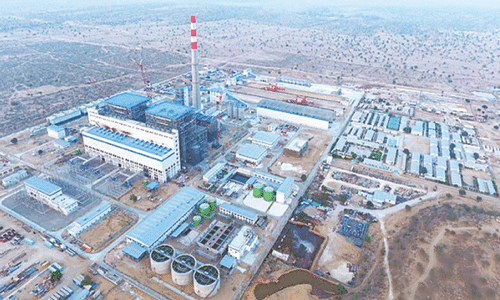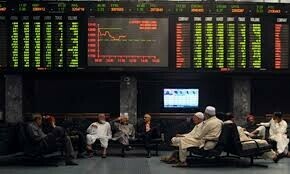BEIJING, Sept 10: Inflation in China fell for a fourth straight month in August while the trade surplus hit a record high, data said on Wednesday, with analysts blaming weakening domestic demand.
The figures have pushed the case for Beijing to boost growth, economists said, following months of efforts by policymakers to slow down the world’s fourth largest economy and rein in inflation.
“The policy priority has already changed. More concerns are probably on growth now,” said Huang Yiping, a Hong Kong-based economist with Citigroup.
“The government will probably continue to relax some of its policies in the short term,” he said, citing possible measures such as tax cuts and loosening credit controls.
The data showed the year-on-year increase in the consumer price index dropped to 4.9 per cent in August, the fourth consecutive month of slowing inflation, which is far below February’s near 12-year high of 8.7 per cent.
The news came as it was also announced that the trade surplus for last month hit an all-time high of $28.7 billion -- beating its record of $27.1 billion in October last year.
Growth slowed to 10.1 per cent in the second quarter of this year against a backdrop of cooling global expansion. The economy expanded by 11.9 per cent in the whole of 2007.
And Wednesday’s data suggested the third quarter could see that trend continue.
“The overall slowdown of the Chinese economy has become a trend,” said Wang Xiaoguang, an economist with the National Development and Reform Commission, China’s top economic planner, according to the state-run Xinhua news agency.
“The downturn (in the consumer price index) might reverse in the future, but the possibility is slim,” he was quoted as saying.
Food prices, the main driver of inflation since last year, were up 10.3 per cent in August from a year earlier. In July, food inflation had been 14.4 per cent.
This could partly be reflected in better food supply, but Stephen Green, a Shanghai-based economist with Standard Chartered, said in a research note that “we see a wealth of evidence” that consumption growth had indeed slowed.
The evidence included sluggish car sales, falling revenues at major electronics retailers and weakening enthusiasm for buying homes, he said.
Less vibrant domestic demand was also seen as a main factor behind the massive trade surplus.
The August surplus was caused by an abrupt slowdown in imports rather than any particular pickup in exports, observers argued.
“Import growth declined rather steeply while exports posted just normal growth,” said Feng Yuming, a Shanghai-based economist with Oriental Securities.
China’s exports last month increased 21.1 per cent from a year earlier to $134.9 billion, according to customs data. In July, exports had increased 26.9 per cent.—AFP















































Dear visitor, the comments section is undergoing an overhaul and will return soon.